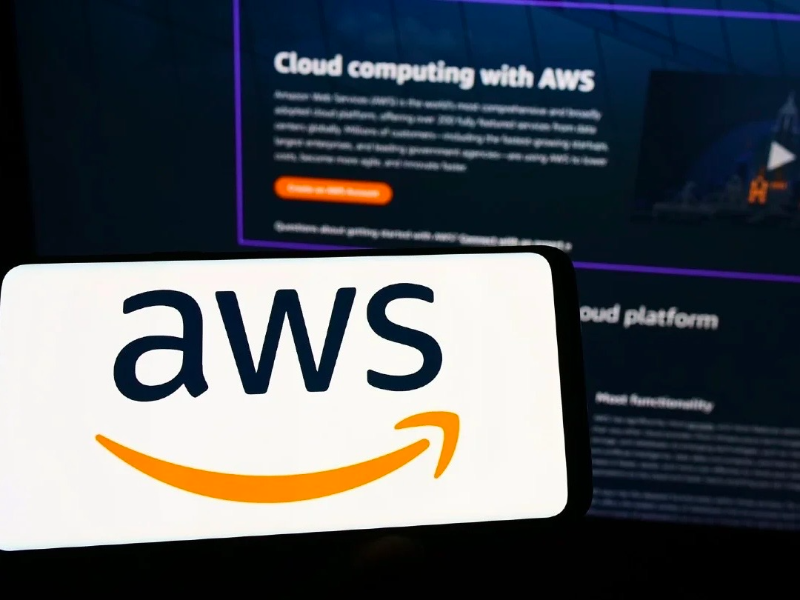- AWS commits $100 million in cloud credits to support global education organizations
- Initiative aims to foster the development of innovative digital learning tools.
What happened: AWS Pledges $100M in Cloud Credits for Education
Amazon cloud computing division AWS announced the Education Equity Initiative on December 4. This aims to provide “education organizations with technologies to build digital learning innovations for underrepresented communities.” AWS is committing $100 million in cloud credits to this effort over the next five years.
This initiative, launched under the AWS Education Accelerator program, is part of a broader effort to drive innovation in the education sector. The plan is to support hundreds of nonprofit organizations globally over the next five years and help them build the tools to teach their local communities coding and other computer-related skills. If necessary, AWS will also provide hands-on help with building and scaling the applications that these organizations will build. The program targets schools, universities, and non-profits worldwide, helping them access AWS’s advanced infrastructure, including AI and machine learning resources. Organizations will receive not only the cloud credits but also technical training and mentorship to maximize the platform’s potential.
Also read: TP ICAP collaborates with AWS to scale technology infrastructure
Also read: AWS to invest $10.5B in UK data centres amid AI-driven cloud demand
What it’s important
AWS’s pledge of $100 million in cloud credits for educational organizations represents a significant step toward integrating advanced technology into the classroom. This initiative comes at a time when education is increasingly reliant on digital tools to engage students, especially as the pandemic accelerated the adoption of online learning. The global education technology market is projected to grow significantly in the coming years, and AWS’s commitment aligns with the broader industry trend of tech giants investing heavily in the sector. Programs like this, alongside similar efforts from Microsoft and Google, can empower educational institutions, particularly smaller ones, to access high-end cloud services that would otherwise be out of reach.
For smaller organizations, the lack of resources to invest in digital infrastructure can be a major barrier. AWS’s cloud credits and technical mentorship help overcome this obstacle, opening the door to a wide range of educational tools such as AI-powered tutoring systems and data-driven personalized learning experiences. For example, a small non-profit like Code.org, which aims to expand access to computer science education, could potentially benefit from AWS’s resources to develop or scale learning platforms that serve underprivileged communities.

